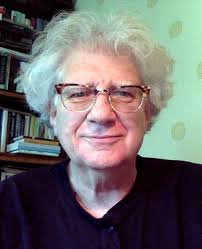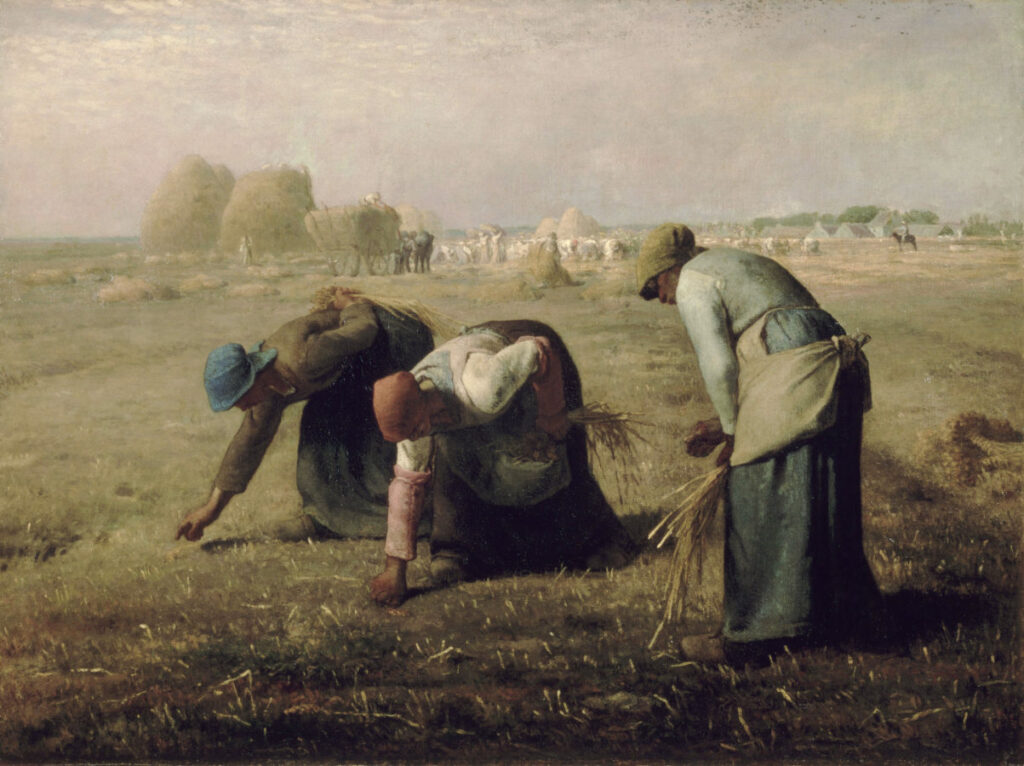Note: If you wish to receive, via e-mail, (1) my weekly newsletter or (2) daily copies of these posts, notify me at rrbates1951@gmail.com and indicate which you would like. I promise not to share your e-mail address with anyone. To unsubscribe, send me a follow-up email.
Friday
My faculty group has been discussing The Odyssey and now, thanks to the insights of our brilliant young member Ross Macdonald, I realize it applies to some of our own critical issues. A key theme in the epic is the violation of social norms.
Of the many norms that Donald Trump has violated, none is more critical than the peaceful transfer of power. If candidates don’t concede elections they have lost, the very foundation of democracy is threatened. In Homeric society, meanwhile, there were accepted norms about how to treat strangers: the whole system of intercourse between kingdoms was put at risk if the laws of hospitality were breached. Travelers had to know that they could trade goods and information, not be killed, enslaved or eaten, when they visited other lands.
The Trojan War was fought over an egregious violation of hospitality—Paris eloping with his host’s wife—and in The Odyssey we see some who violate and honor the practice. The Phaeacians load Odysseus down with gifts and the swineherd Eumaeus, even though he does not recognize his king, opens up his table to him. The barbaric cyclops Polyphemus, by contrast, plans to have him for dinner.
The most notable violators, of course, are the suitors, who descend on Odysseus’s household in droves. They are in the process of devouring all of his wealth when he returns to the island.
The suitors are particularly infuriating in how they accuse others of sponging off of Odysseus’s riches, even while they are doing so themselves. They are like Elon Musk and Vivek Ramaswamy, two billionaires charged with cutting the budget: even as they themselves have benefited greatly from Trump’s tax cuts and various federal subsidies, they have set their sights on American entitlements like Social Security and Medicare as well as welfare programs for the poor. In Odyssey, the most obnoxious of the suitors lambastes disguised-as-a-beggar Odysseus. Note that the handout he is begrudging Odysseus belongs not to himself but to Odysseus:
But here Antínoös broke in, shouting:
“God!
What evil wind blew in this pest?
Get over,
stand in the passage! Nudge my table, will you?
Egyptian whips are sweet
to what you’ll come to here, you nosing rat,
making your pitch to everyone!
In their subsequent interchange, Antínoös heaves a stool at Odysseus, adding to his breach of hospitality decorum. The violation makes the other suitors nervous:
But now the rest were mortified, and someone
spoke from the crowd of young bucks to rebuke him:
“A poor show, that—hitting this famished tramp—
bad business, if he happened to be a god.
You know they go in foreign guise, the gods do,
looking like strangers, turning up
in towns and settlements to keep an eye
on manners, good or bad.”
But at this notion
Antínoös only shrugged.
Two other tightfisted leaches are the beggar Iros and the goatherd Melánthios. Iros, who has a comfortable relationship with the suitors, sees Odysseus as competition while Melánthios, who delivers Odysseus’s goats to feed them, is like one of those Trump supporters who thinks his proximity to power gives him license to insult and deride. Both remind me of those Americans who want government-subsidized programs for themselves but not for others, especially not for African Americans.
Although the conservative red states receive proportionately more of the federal budget than do the blue states—the blue state pay more in, the red states take more out—our Melánthioses swagger around, boasting of their independence. (Perhaps their sense of perpetual grievance comes from their secret knowledge that they are dependent.) Here’s the shepherd berating the swineherd for escorting beggar Odysseus to the hall:
[N]o sooner
had he laid eyes upon the wayfarers
than he began to growl and taunt them both
so grossly that Odysseus’ heart grew hot:
“Here comes one scurvy type leading another!
God pairs them off together, every time.
Swineherd, where are you taking your new pig,
that stinking beggar there, licker of pots?
How many doorposts has he rubbed his back on
whining for garbage, where a noble guest
would rate a cauldron or a sword?
Like our Republican legislators, who insist on work requirements for welfare recipients while dipping into the public pot themselves, Melánthios has a proposition for the beggar:
Hand him
over to me, I’ll make a farmhand of him,
a stall scraper, a fodder carrier! Whey
for drink will put good muscle on his shank!
No chance: he learned his dodges long ago—
no honest sweat. He’d rather tramp the country
begging, to keep his hoggish belly full.
The return of the king means a restoration of the sacred norms, although it cannot be accomplished without violence. In a dramatic entrance, Odysseus lets the suitors know how they have offended the gods before he begins his bloodletting:
You yellow dogs, you thought I’d never make it
home from the land of Troy. You took my house to plunder,
twisted my maids to serve your beds. You dared
bid for my wife while I was still alive.
Contempt was all you had for the gods who rule wide heaven,
contempt for what men say of you hereafter.
Your last hour has come. You die in blood.
Just as the suitors have contempt for the gods, so Trump has contempt for democratic norms and for the Constitution that governs us. But whereas Odysseus resorts to violence, we must rely on our democratic norms to carry us through the next four years. We can expect a fair amount of suitor-like looting ahead of us as Trump attempts to establish his version of Putin’s kleptocracy—he has a number of American oligarchs in tow who are itching to get their hands on more of America’s wealth, starting with tax breaks—but in the past we been able to self-correct.
The way democracy works, we must be our own Odysseus.










